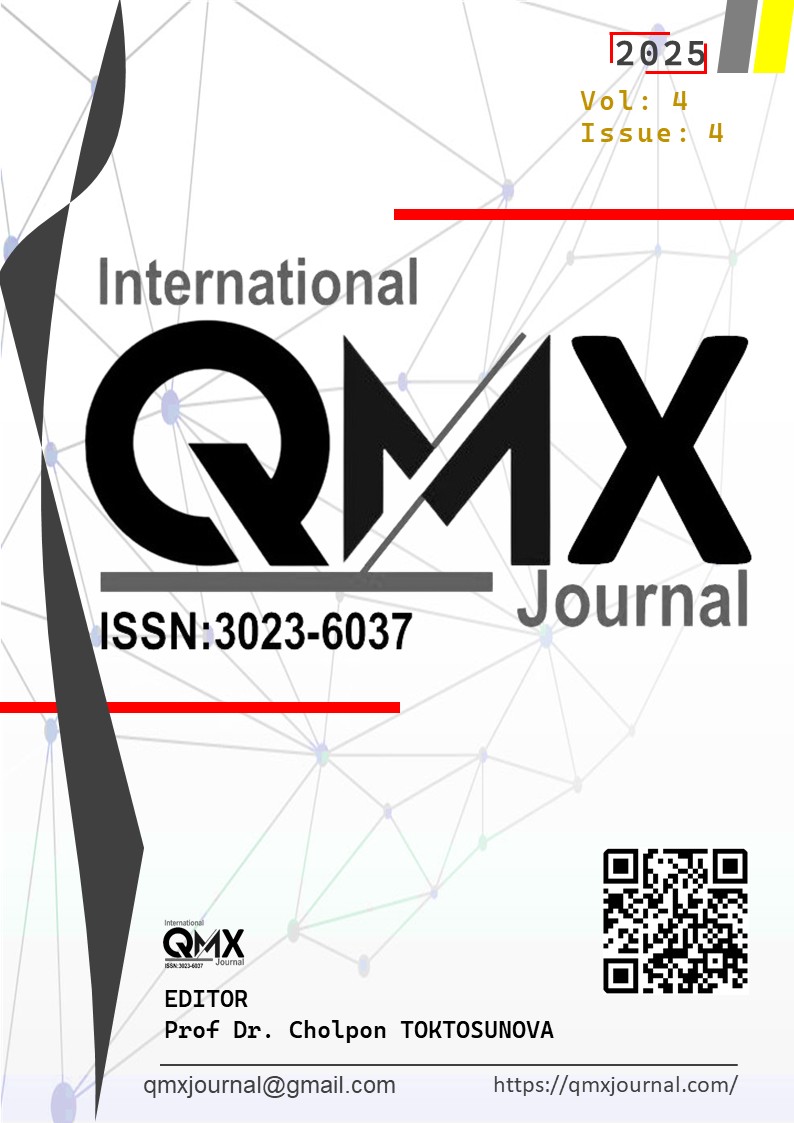Author :
Abstract
Bu çalışma, özel gereksinimli bireyler için kapsayıcı eğitim stratejilerini ele almakta ve bu alandaki başarılı uygulama örneklerini incelemektedir. Kapsayıcı eğitim, bireylerin farklılıklarını göz önünde bulundurarak herkes için eşit öğrenme fırsatları sunmayı amaçlayan bir eğitim modelidir. Araştırmalar, kapsayıcı eğitimin özel gereksinimli bireylerin akademik ve sosyal gelişimlerine olumlu katkılar sunduğunu ortaya koymaktadır. Ancak, bu sürecin etkin bir şekilde uygulanabilmesi için eğitim politikalarının güçlendirilmesi, öğretmenlerin kapsayıcı eğitim konusunda yeterli donanıma sahip olması, fiziksel ve dijital öğrenme ortamlarının erişilebilir hâle getirilmesi ve toplumsal farkındalığın artırılması gerekmektedir. Çalışmada, farklı ülkelerde uygulanan kapsayıcı eğitim modelleri değerlendirilmiş ve başarılı örnekler üzerinden kapsayıcı eğitimin yaygınlaştırılmasına yönelik öneriler sunulmuştur. Ayrıca, kapsayıcı eğitimde öğretmenlerin yeterliliklerinin artırılması, bireyselleştirilmiş eğitim programlarının etkin şekilde uygulanması ve teknoloji destekli çözümlerle eğitimde erişilebilirliğin artırılması gibi konular detaylı olarak ele alınmıştır. Araştırmanın bulguları, kapsayıcı eğitimin yalnızca özel gereksinimli bireyler için değil, tüm öğrenciler için daha zengin ve eşitlikçi bir öğrenme ortamı sunduğunu göstermektedir. Sonuç olarak, kapsayıcı eğitimin başarılı bir şekilde uygulanabilmesi için eğitim sistemlerinin yapılandırılması, öğretmen eğitiminin güçlendirilmesi ve toplumsal farkındalığın artırılması gerekmektedir.
Keywords
Abstract
This study discusses inclusive education strategies for individuals with special needs and examines examples of successful practices in this field. Inclusive education is an educational model that aims to provide equal learning opportunities for everyone, taking into account the differences of individuals. Research shows that inclusive education contributes positively to the academic and social development of individuals with special needs. However, in order to implement this process effectively, educational policies need to be strengthened, teachers need to be adequately equipped in inclusive education, physical and digital learning environments need to be made accessible, and social awareness needs to be raised. In this study, inclusive education models implemented in different countries are evaluated and recommendations for the dissemination of inclusive education are presented based on successful examples. In addition, issues such as increasing the competencies of teachers in inclusive education, effective implementation of individualized education programs and increasing accessibility in education with technology-supported solutions are discussed in detail. The findings of the study show that inclusive education offers a richer and more equitable learning environment not only for individuals with special needs but also for all students. As a result, for the successful implementation of inclusive education, education systems need to be structured, teacher training needs to be strengthened and social awareness needs to be raised.





